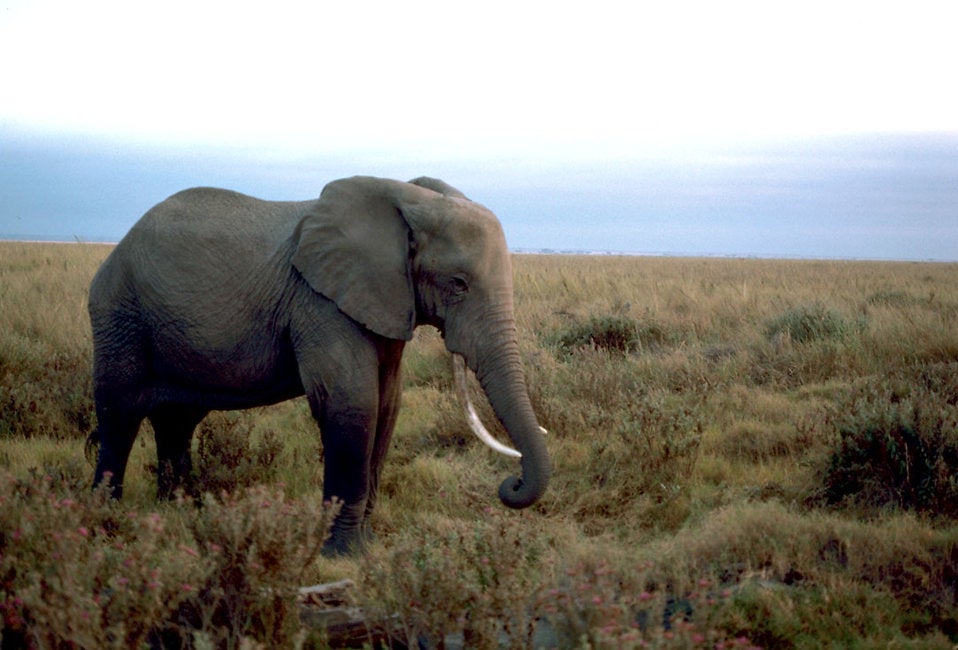Sri Lanka destroys biggest ever illegal ivory haul
More than 350 tusks were crushed by the Sri Lankan government in an attempt to show poachers the country’s zero tolerance attitude to smuggling

On Tuesday the Sri Lankan government destroyed its biggest illegal ivory haul ever, in a bid to show poachers that the island is serious about fighting the tusk trade.
More than 350 African elephant tusks, weighing about 1.5 tonnes, were crushed before being fed into an industrial furnace.
The international trade in ivory has been banned in most of the world since 1989, but illegal smuggling still goes on in many parts of Asia, where ivory is highly prized for medicinal and decorative uses.
Sri Lanka has become a trailblazer for the anti-poaching cause in the East, being the first South Asian nation to publicly destroy ivory obtained through elephant poaching. It is now the sixteenth country in the world to destroy confiscated elephant tusks so that they cannot be traded on the black market.
The haul was seized at Colombo's port nearly four years ago en route to Dubai from Kenya.
"There are some very small tusks which would have come from baby elephants," Colombo Customs Director Udayantha Liyanage told reporters.
"We are trying to demonstrate that there is no value for blood ivory... It is horribly cruel and the elephants suffer for about a week before they die," he said.
Blood ivory is a term used by activists to describe tusks that are obtained illegally by slaughtering elephants.
The organisers of the ceremony observed a two-minute silence for the slain elephants before Buddhist, Hindu, Christian and Muslim leaders performed funeral rites for the animals.
The ivory came from northern Mozambique and Tanzania and travelled through Kenya to Sri Lanka on the way to the United Arab Emirates, said Secretary General of the Convention on International Trade in Endangered Species (CITES), John E. Scanlon.
Scanlon, who was present for the crushing, said: "this shows the effectiveness of Sri Lankan customs in detecting this contraband in transit."
Most Sri Lankan elephants do not have tusks and the animals are venerated and protected by law.
However, nearly 200 elephants are killed each year by villagers after accidentally straying onto farmland, while the animals themselves also kill about 50 people each year.
Sri Lanka's elephant population has reduced to just over 7,000, according to a census five years ago, down from a population of over 12,000 at the start of the last century.

Join our commenting forum
Join thought-provoking conversations, follow other Independent readers and see their replies